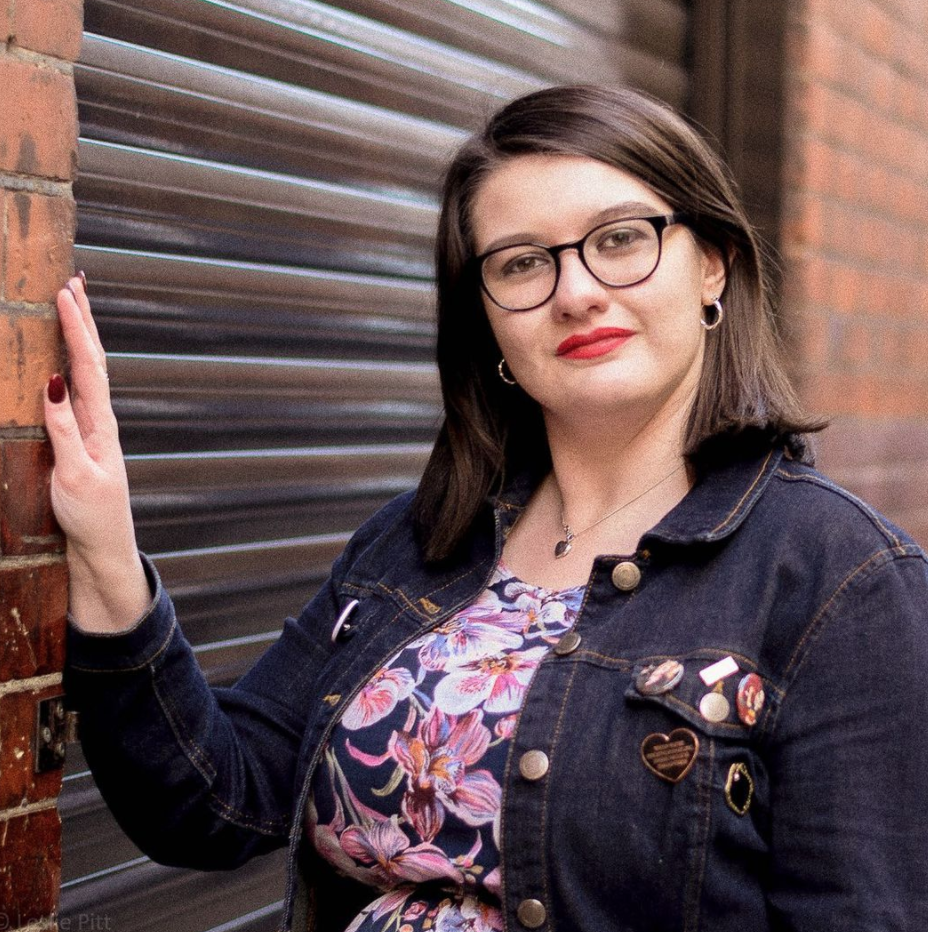WhatsApp makes HUGE change to tackle fake news related to coronavirus


WhatsApp is a key method of communication - especially during lockdown - and the app has added a big change to prevent the spread of hoaxes.
In response to coronavirus hoaxes, WhatsApp will limit the amount of times a message can be forwarded.
From Thursday 7th April, messages won't be able to be forwarded to many contacts at once.
Before this, WhatsApp allowed users to 'frequently forward' messages.
This means that a message has been passed on up to five times, across different group chats.
WhatsApp has identified this created more hoaxes. As a result of this, more people could be exposed to fake information.
Now, WhatsApp is limiting users to only forward messages to one chat at a time.
GoodtoKnow Newsletter
Parenting advice, hot topics, best buys and family finance tips delivered straight to your inbox.
In a blog post, WhatsApp revealed, 'As a private messaging service, we’ve taken several steps over the years to help keep conversations intimate.'
They added, 'For example, we previously set limits on forwarded messages to constrain virality, which led to a 25% decrease in message forwards globally at the time.
‘Is all forwarding bad? Certainly not. We know many users forward helpful information, as well as funny videos, memes, and reflections or prayers they find meaningful.
In recent weeks, people have also used WhatsApp to organise public moments of support for frontline health workers.
‘However, we’ve seen a significant increase in the amount of forwarding which users have told us can feel overwhelming and can contribute to the spread of misinformation.
'We believe it’s important to slow the spread of these messages down to keep WhatsApp a place for personal conversation.’
WhatsApp is also working with governments and the WHO to try and ensure that users are only getting accurate information.
They even have a Coronavirus hub on their official website, which gives users guidance on how to navigate these uncertain times.
These include how to connect remotely, choosing reliable sources of information, and helping to stop the spread of rumours.

Lucy Buglass is a Digital Writer for What's on TV, Goodto.com, and Woman&Home. After finishing her degree in Film Studies at Oxford Brookes University she moved to London to begin her career. She's passionate about entertainment and spends most of her free time watching Netflix series, BBC dramas, or going to the cinema to catch the latest film releases.